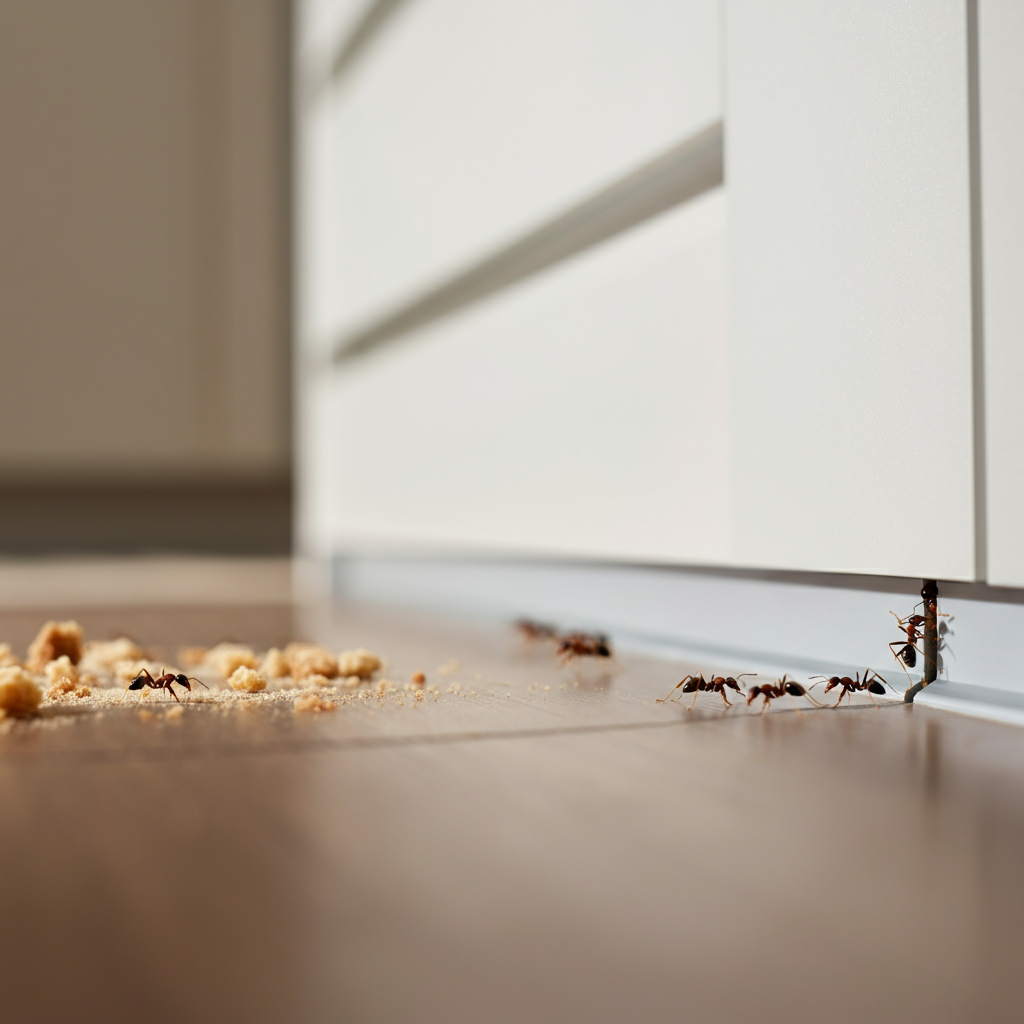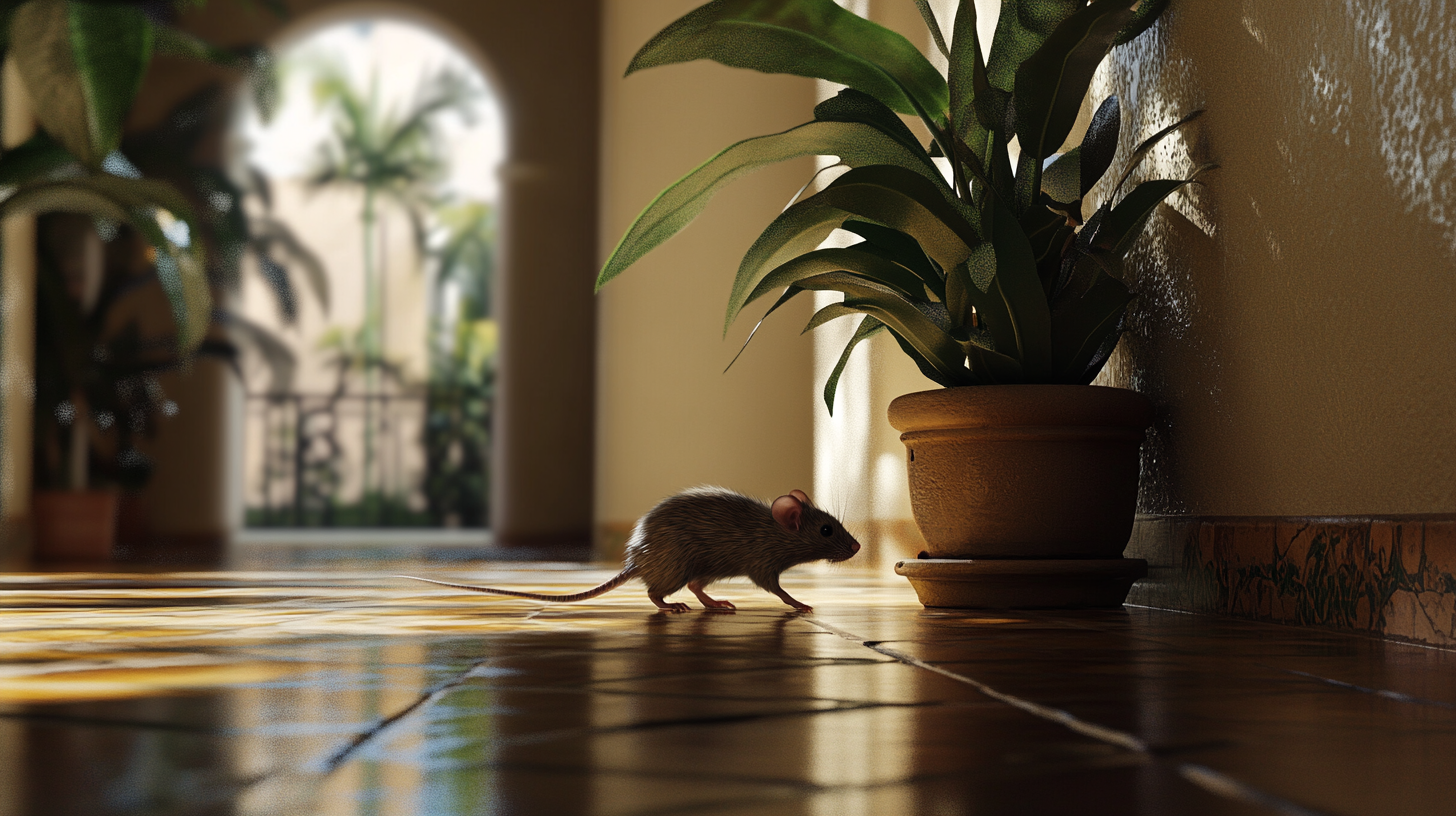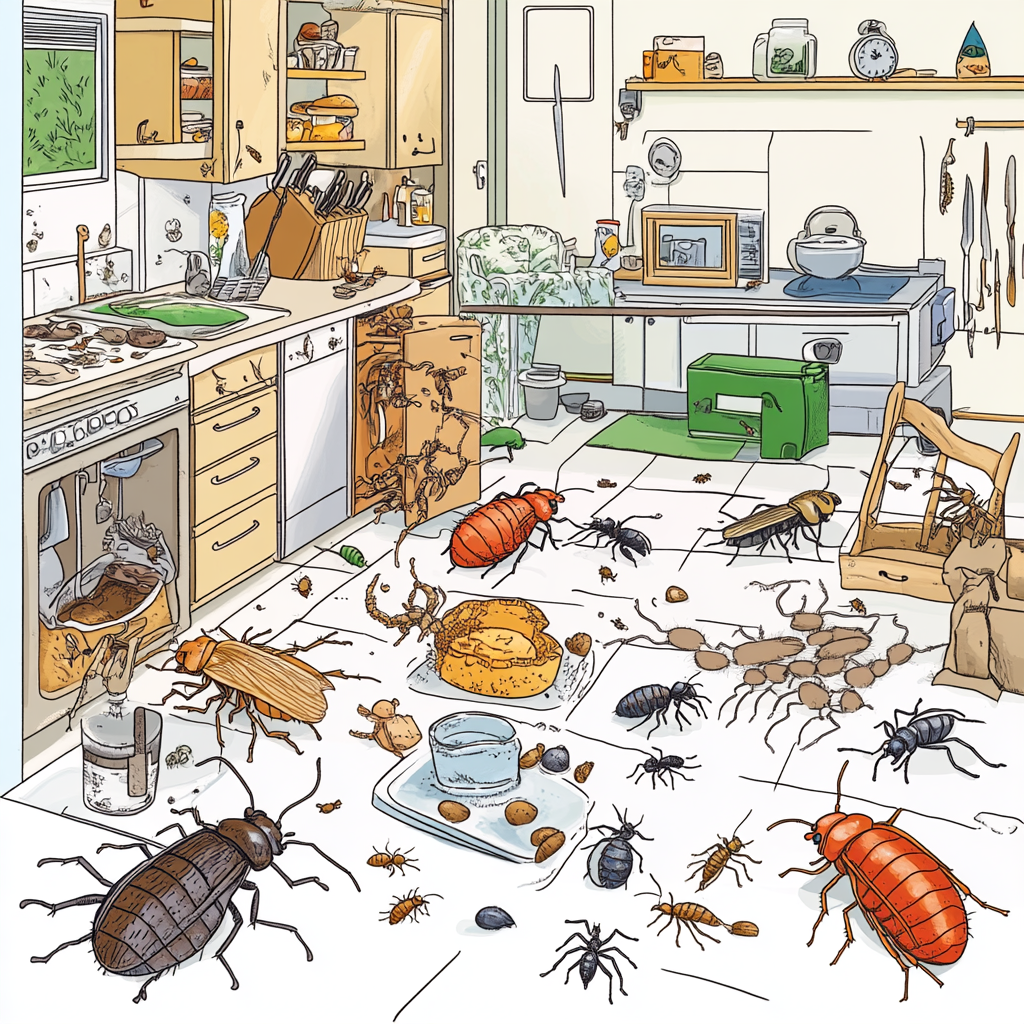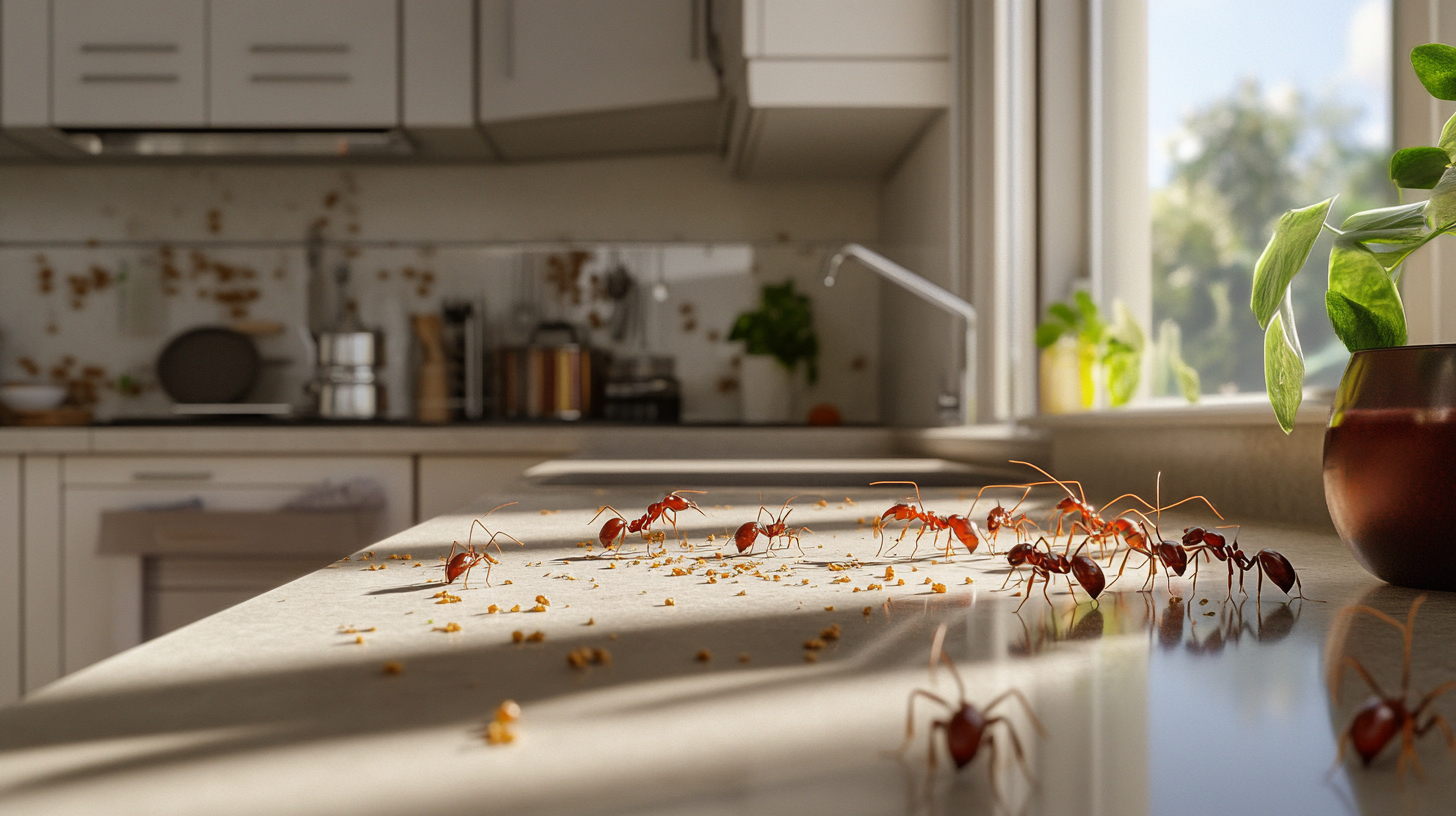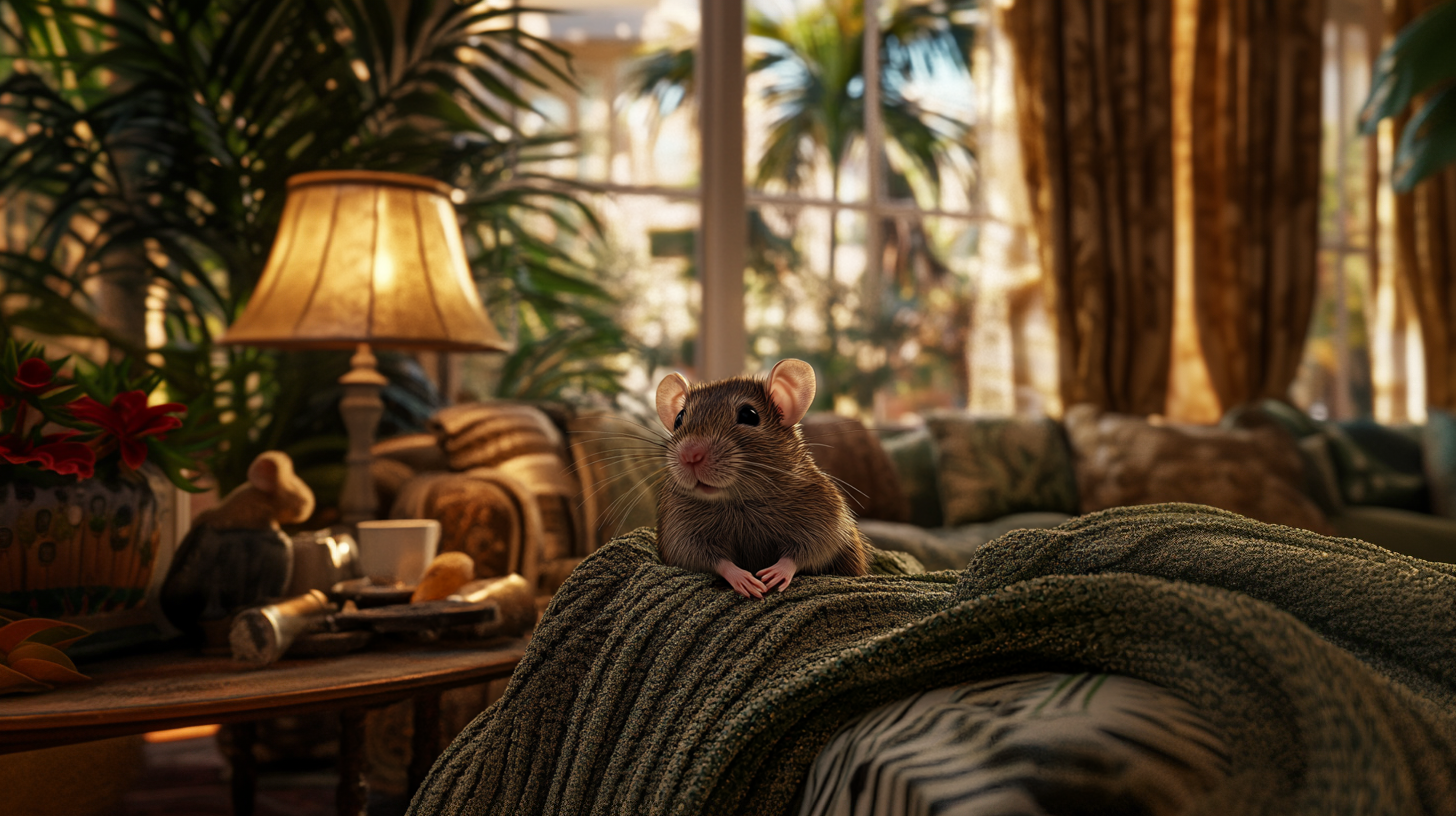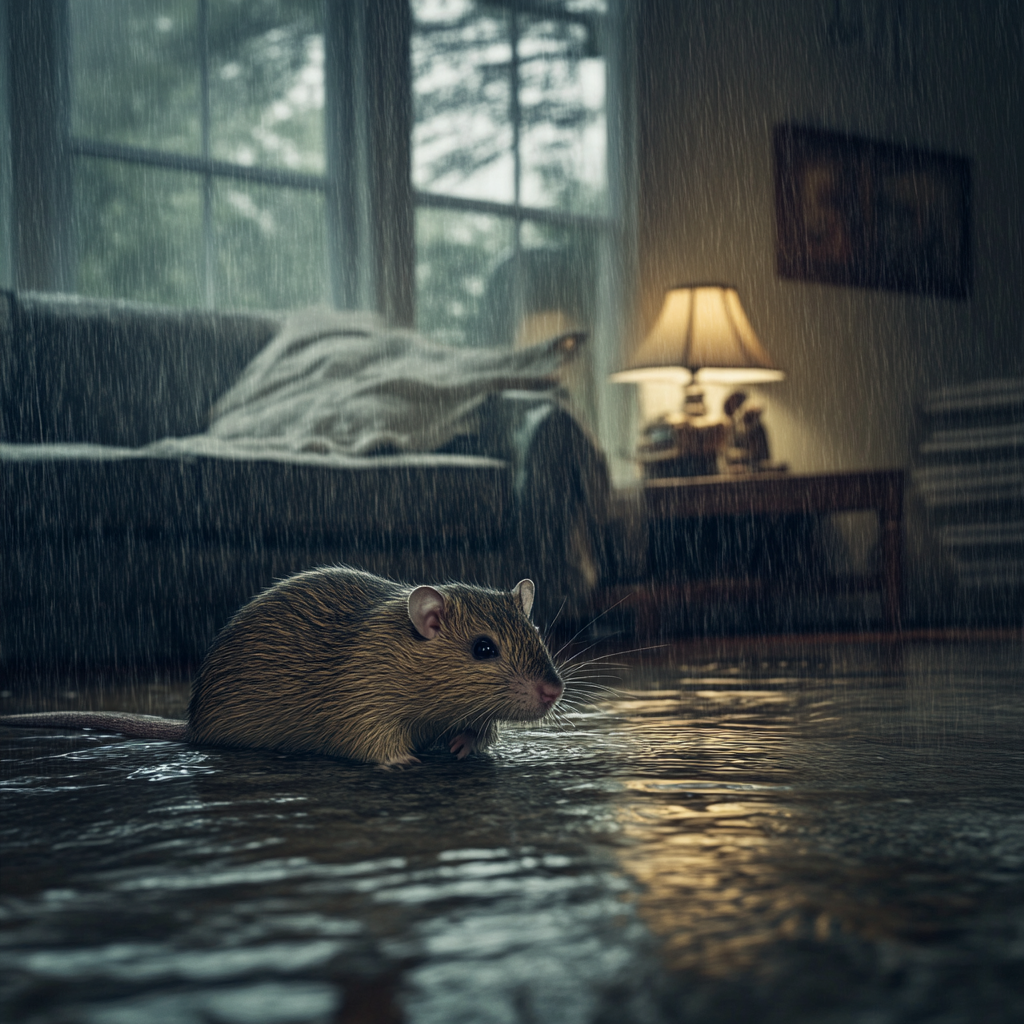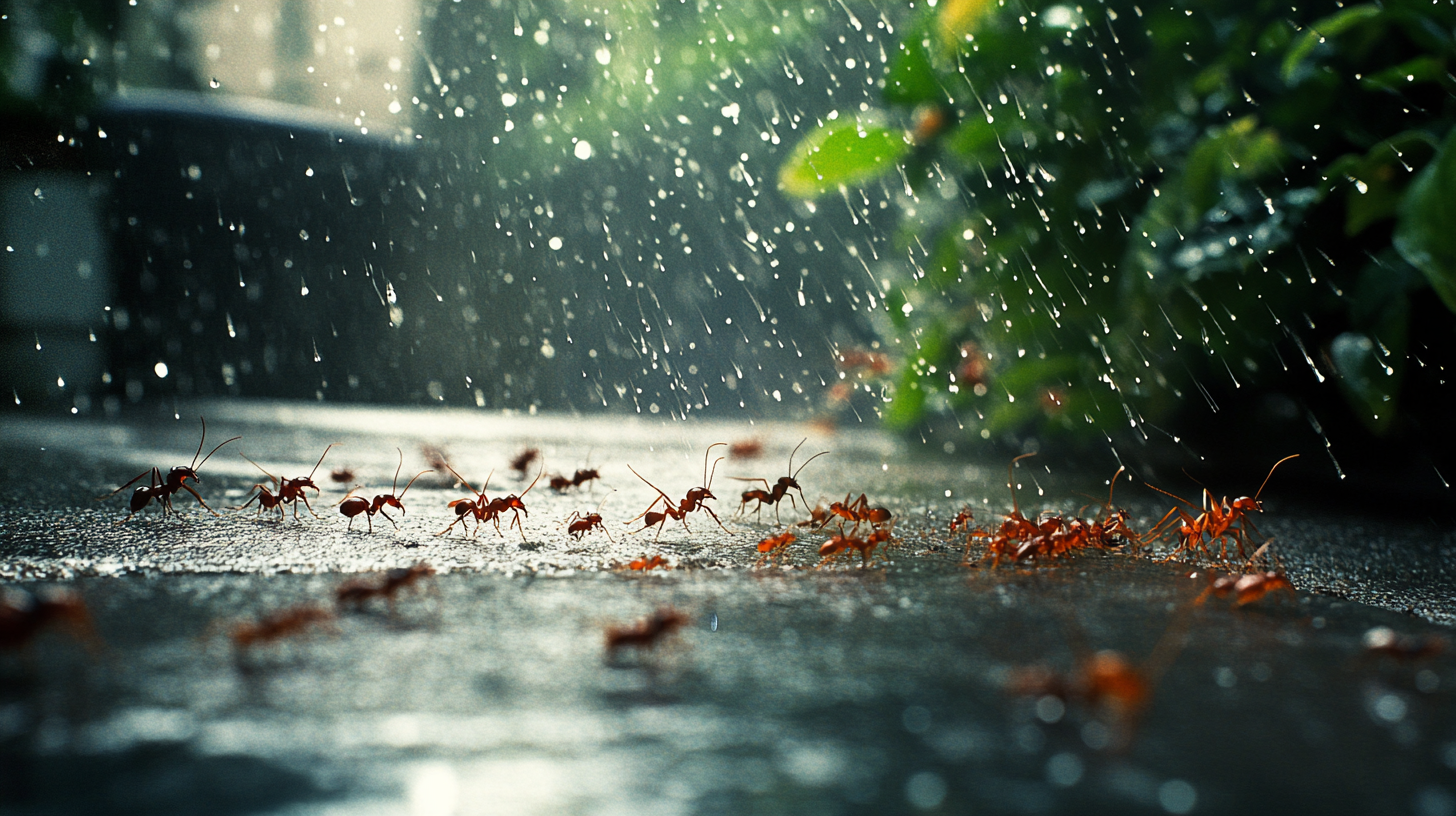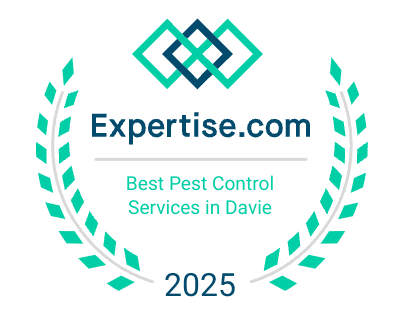The Impact of Climate Change on Pest Control
Climate change affects every part of our lives, including how we deal with pests. As temperatures rise and weather patterns shift, pests are adapting and spreading to new areas.
This makes it harder to control them using traditional methods. Warmer climates allow pests to breed more quickly and survive longer, leading to larger populations.
In turn, this increases the risk of damage to crops, homes, and health. Understanding the connection between climate change and pest control can help us develop better strategies to manage these challenges.
In the blog post, we will discuss the impact of climate change on pest control and explore potential solutions to this growing problem.
Climate Change and Pest Behavior
Climate change has a profound effect on pest behavior. The shift in climate patterns influences pests' lifecycles, migration habits, and population dynamics. Here are some of the major impacts:
- Increased Reproduction Rates: Warmer temperatures accelerate insect metabolism, leading to quicker development and higher reproduction rates.
- Extended Growing Seasons: Mild winters allow pests to survive longer and spread over larger areas, exacerbating infestations.
- New Habitats: Changes in climate allow pests to thrive in regions previously unsuitable for their survival.
Climate change is increasingly pushing pests into human habitats, especially homes. As temperatures rise, common household pests like ants, cockroaches, and rodents are finding it easier to invade and establish themselves indoors. This not only creates unsanitary living conditions but can also lead to property damage and health issues.
Common Household Pests
Ants:
- Warmer temperatures spur ant colonies to expand.
- Ants enter homes in search of food, water, and shelter.
Cockroaches:
- Increased humidity and warmth create ideal breeding grounds.
- Cockroaches carry bacteria and can trigger asthma and allergies.
Rodents:
- Milder winters mean higher survival rates for mice and rats.
- Rodents seek shelter in homes during extreme weather conditions, causing structural damage and posing health risks.
Impact on Pest Control Methods
The rise in pest infestations due to climate change necessitates the evolution of pest control methods. Traditional methods are becoming less effective as pests adapt to new environmental conditions. Therefore, innovative approaches to pest management are crucial.
Integrated Pest Management (IPM)
Integrated Pest Management (IPM) is one solution gaining traction in the fight against pests exacerbated by climate change. IPM combines various approaches and practices to manage pest populations in an economically and ecologically sustainable way.
- Biological Controls: Utilizing natural predators, like ladybugs to control aphid populations, minimizes the need for chemical pesticides.
- Cultural Practices: Proper sanitation, crop rotation, and selecting pest-resistant plant varieties can help reduce pest prevalence.
- Mechanical Controls: Physical barriers such as screens and traps can prevent pests from invading homes and gardens.
Sustainable Chemical Solutions
While reducing chemical use is a priority, the development of more sustainable and less harmful chemical options is vital. Innovations in eco-friendly pesticides are helping to minimize environmental damage while effectively controlling pest populations.
- Botanical Treatments: Derived from natural sources like neem oil, these are less toxic to non-target species, including humans.
- Microbial Treatments: Utilizing bacteria, fungi, or viruses to target specific pests ensures minimal impact on other organisms.
Protecting Your Home Against Climate-Driven Pests
Adapting your home to withstand the influx of pests driven by climate change is crucial in maintaining a safe and healthy living environment. Here are several steps homeowners can take to mitigate the risk of infestations:
Home Maintenance Tips
- Seal Entry Points: Inspect and seal cracks, gaps, and holes in walls, windows, doors, and the foundation to prevent pests from entering.
- Proper Ventilation: Ensure that attics, basements, and crawl spaces are well-ventilated to reduce moisture levels that attract pests like cockroaches and mold.
- Regular Inspections: Conduct regular home inspections to identify and address potential pest entry points before they become a problem.
Chemical-Free Solutions
- Natural Repellents: Utilize natural pest repellents like essential oils (e.g., peppermint, tea tree oil) to deter pests without harmful chemicals.
- Physical Barriers: Use screens on doors and windows to keep pests out while allowing fresh air to circulate.
Professional Pest Control
When DIY methods are not enough, seeking professional pest control services is a viable option. Experts can assess the extent of infestations and apply targeted treatments to effectively manage pest populations.
- Expert Evaluation: Professional pest control agents can identify specific vulnerabilities in your home and provide tailored solutions.
- Sustainable Practices: Many modern pest control services now offer sustainable and eco-friendly options that align with Integrated Pest Management (IPM) techniques.
Ready to safeguard your home against climate-driven pests?
Climate change is undeniably influencing pest behavior and increasing the risk of infestations in homes. Homeowners must be aware of these changes and take proactive steps to protect their properties.
It's essential to be vigilant, adaptable, and proactive in managing pest control in the face of a changing climate.



